The park is located in the eastern part of mid-subtropical area and belongs to Eastern China Area of Sino-Japan Subregion of Holarctic Region. With the warm and wet climate, sufficient sunshine, abundant rainwater and multiple terrains, there’re plenty plant species here. The higher plant found out in the park are 2373 species which belong to 253 families and 984 species. Among them, there are bryophyte of 326 species, 165 genera and 65 families, ferns of 179 species, 71 genera and 34 families, gymnosperm of 24 species, 22 genera and 6 families and angiosperm of 1802 species, 726 genera and 148 families. Here grows not only abundant plants of evergreen broad-leaf forest zone in China mid-subtropical areas but also pinacease pseudotsuga plants, especially it is the distribution center of pseudotsuga gaussenii in the world.
In the park there’re 68 genera of East Asian-North America intercontinental disjunctive distribution plants which is 56.2% of such genus in China. This means that Sanqingshan is not only the core area of East Asian-North America discontinuous flora, but also one of the important distribution centers of East Asian plants. The planting area of pseudotsuga gaussenii reaches 533 hectares and is the largest of East China. Furthermore, the prosperous and stable community of pseudotsuga gaussenii declares that it is the best place to discuss and investigate pinacease migration genesis research of the cradle geosites of North America flowering fir evolution.
In the core area of Sanqingshan, with abundant diversity of species, there’re many characteristic and endemic species and the formed various kinds of characteristic plant communities, called as the corridor of species and ecological wonders. Up along the aerial walkway in the west coast, there’re various characteristic species in order such as Rhododendron simiarum, Pinus taiwanensis, Cyclobalanopsis glauca, Schima superba, Sorbus pohuashanensis, Lindera obtusiloba, pepperbush, Sorbus folgneri, Litsea cubeba and Lisea coreana in low elevation area, rare and endangered species in medium elevation area such as Magnolia cylindrical, Taxus chinensis var mairei, pseudotsuga gaussenii and fokienia hodginsii and in high elevation area such as Pinus taiwanensis Hayata, pseudotsuga gaussenii, castanopsis sclerophylla schott, Chinese enkianthus, pepperbus and Yuanshanian fargesia.
Python Valley is located from Nanqing Garden to the southeastern Jinsha Lowland Valley and grows rare species or flora characteristic species such as Disanthuscercidifolius, Stewartia sinensis, Magnolia cylindrical, Sycopsis sinensis Oliver, Corylopsis spicata and Pseudotaxus chienii among those some species belong to East Asian- North America disjunctive distribution genus such as Stewartia sinensis, Magnolia cylindrical, magnolia sieboldii, sassafras, Taxus chinensis var mairei, Illicium jiadifengpi, escallonia and Halesia macgregorii.
From the overall region of Sanqingshan, there’re various rare communities in large area, for example, the Pseudotaxus chienii forest community, pseudotsuga gaussenii forest community, Disanthus cercidifolius forest community, Stewartia sinensis forest community, Tsuga tchekiangensis Flous forest community, Buxus sinica var.parvifolia forest community, Illicium jiadifengpi forest community and Liquidambar acalycina forest community. Many of the above dominant species and edificators are in East Asian-North America disjunctive distribution and representative ancient groups. Particularly in areas of 1300-1600m, in sample plots of 1200-1600 m2, the existing characteristic species in order, represented by Hamamelidaceae, magnoliaceae, axaceae and theaceae, not only are East Asian-North America disjunctive distribution families, but also are the original groups of gymnosperm and angiosperm and are the characteristic species of China subtropics mountainous plants floras.
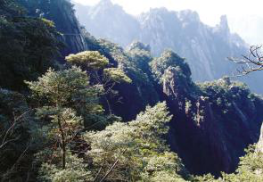
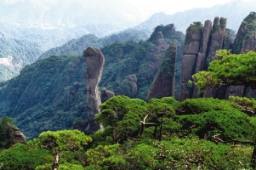
Pseudotsuga gaussenii Pinus taiwanensis
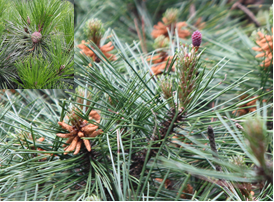
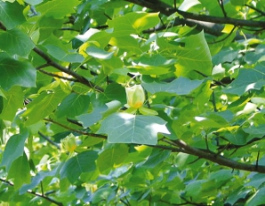
Pinus taiwanensis Liriodendron chinense
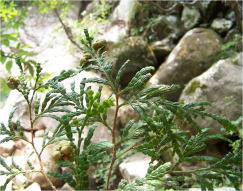
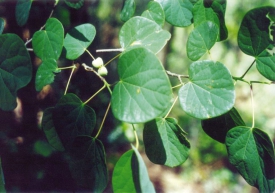
Fokienia hodginsii Disanthuscercidifolius
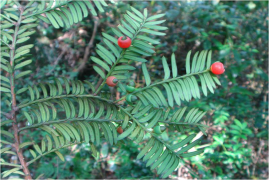
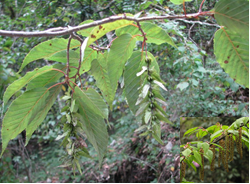
Taxus chinensis var mairei Carpinus viminea
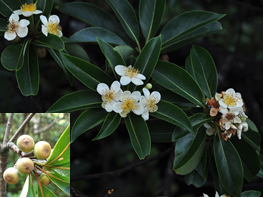
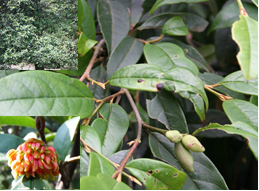
Schimasuperba Sycopsissinensis Oliver
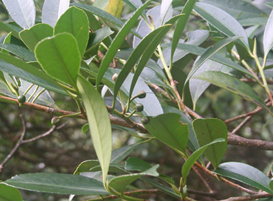
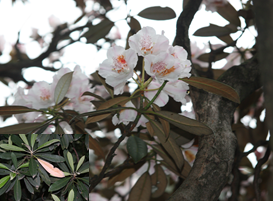
Cleyerapachyphylla Rhododendron simiarum
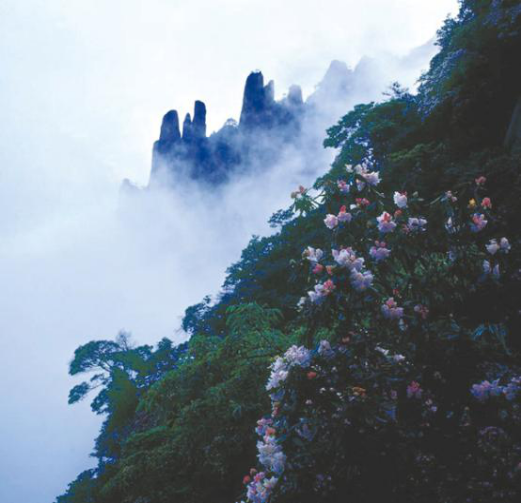
Ten-li azaleas
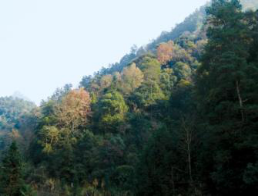
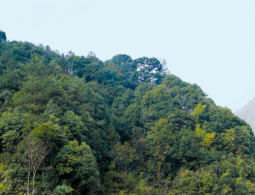
Mixed Forest of Coniferous and Broad-leaved
Evergreen Mixed Forest of Needle-point Leaf and Broad-leaf
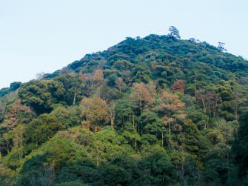
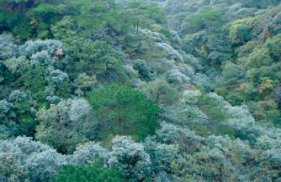
Evergreen Deciduousand Broad-leaved Mixed Forest
Warm Coniferous and Broad-leaved Mixed Forest
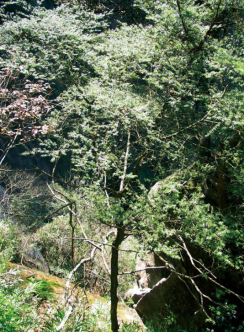
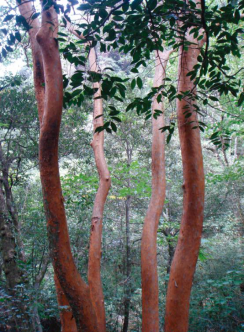
Pseudotaxuschienii Temmoku Chinese Redbud
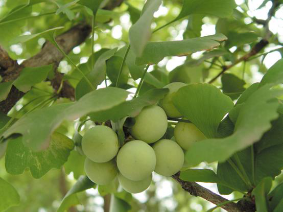
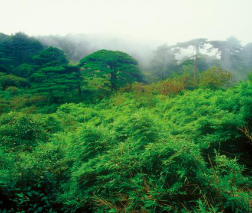
Ginkgo Arundhoriaalpha
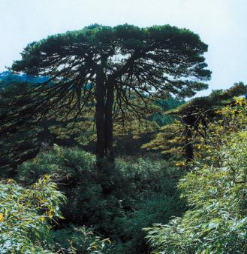
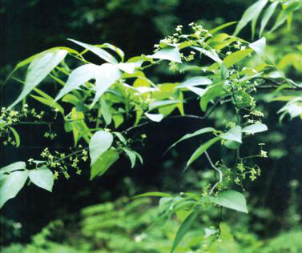
Couple Pine Monimopetalumchinense
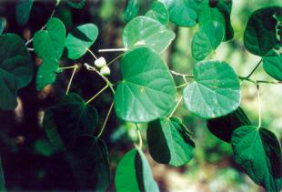

Disanthuscercidifolius Pleionebulbocodioides

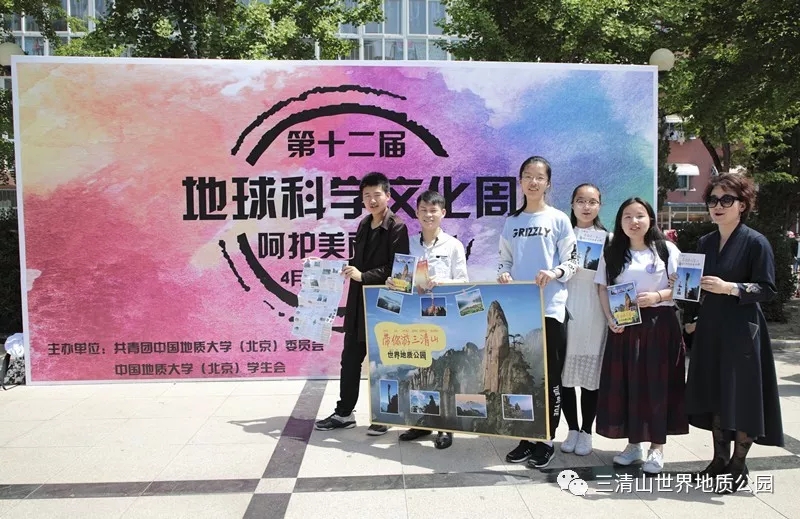
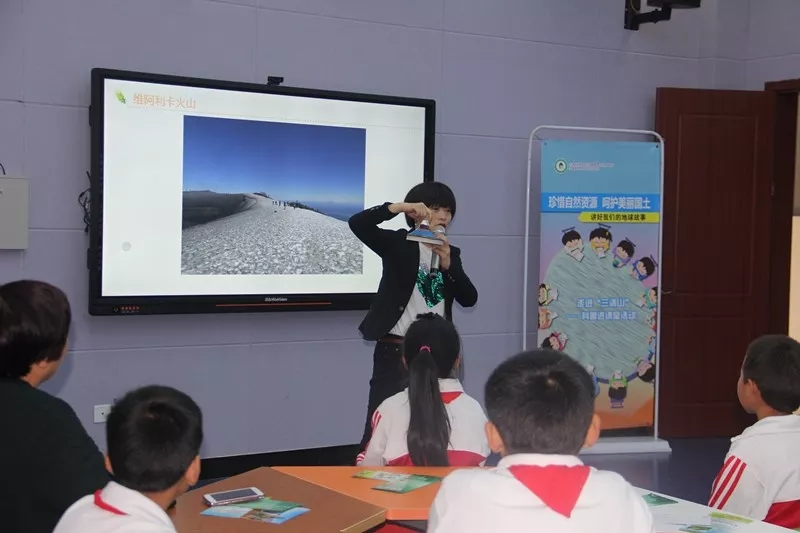

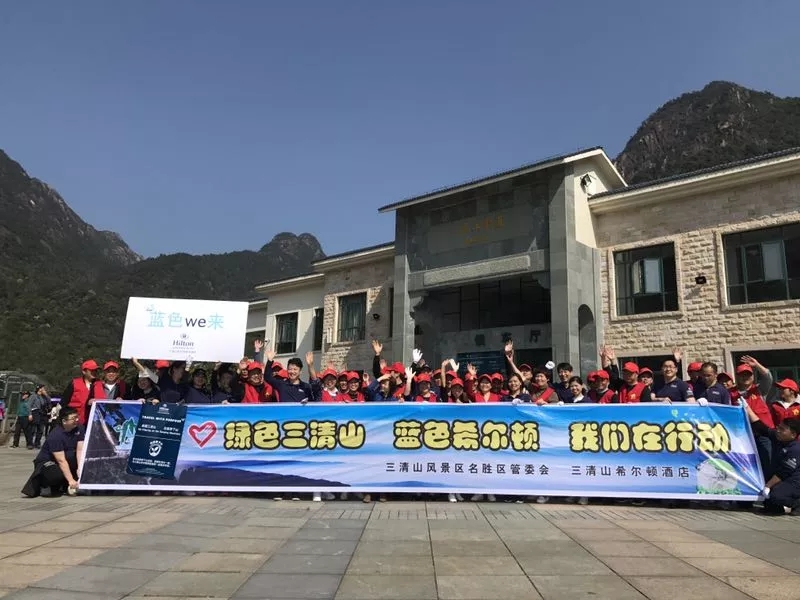
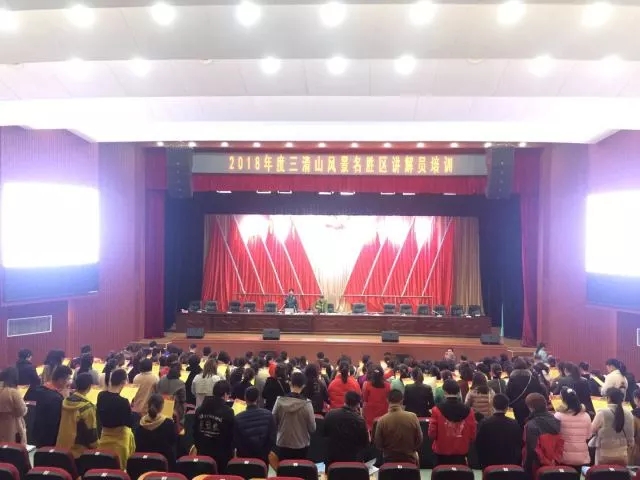
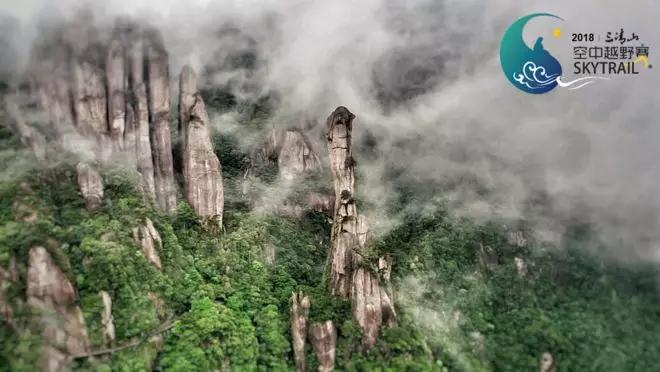









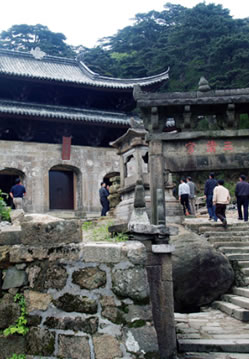



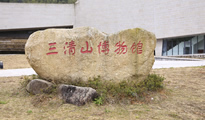
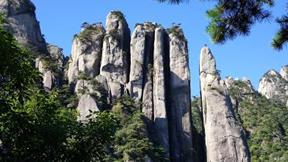









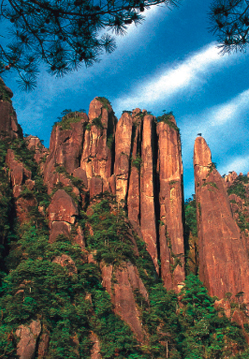
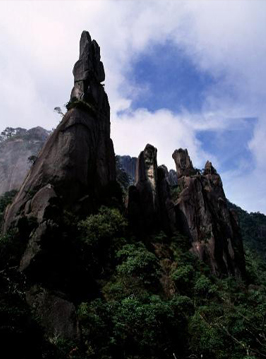
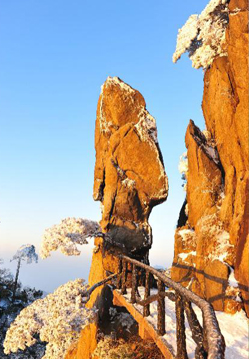
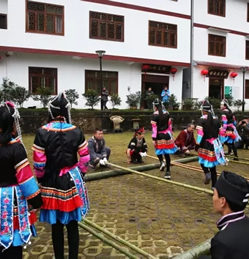
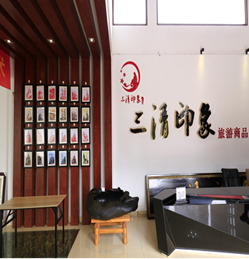
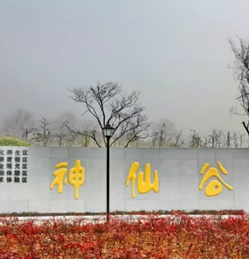

























 赣公网安备 36110202000032号
赣公网安备 36110202000032号